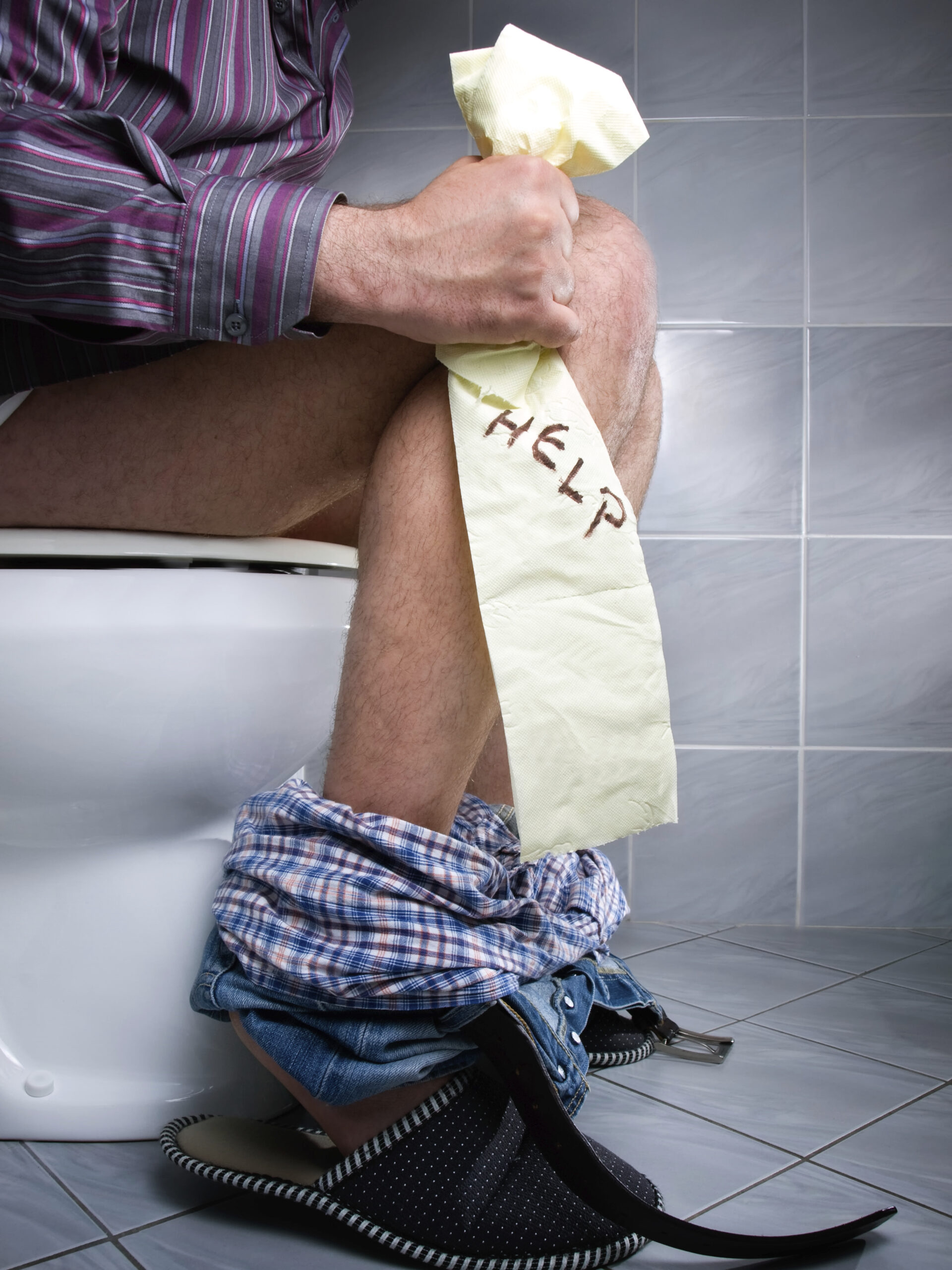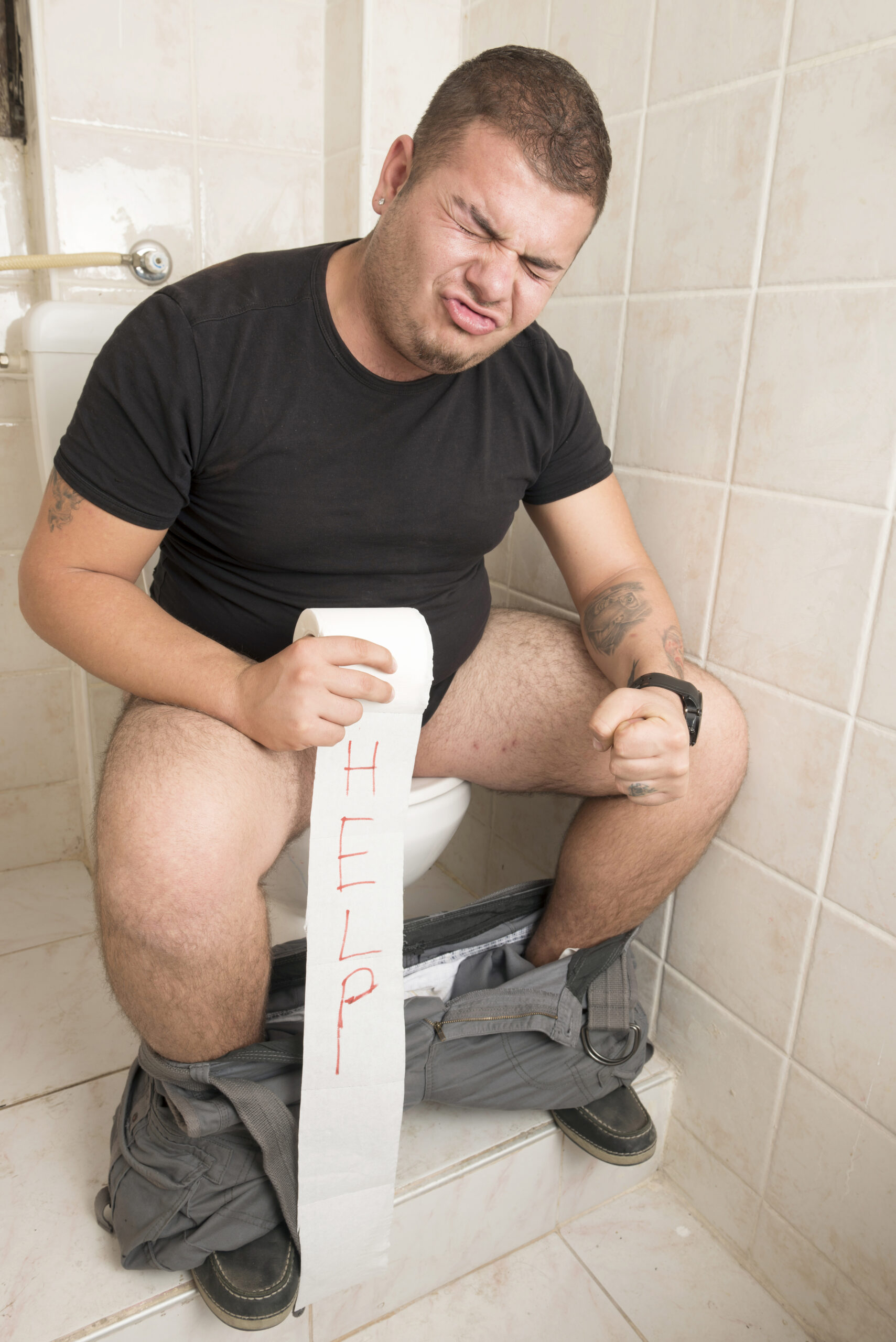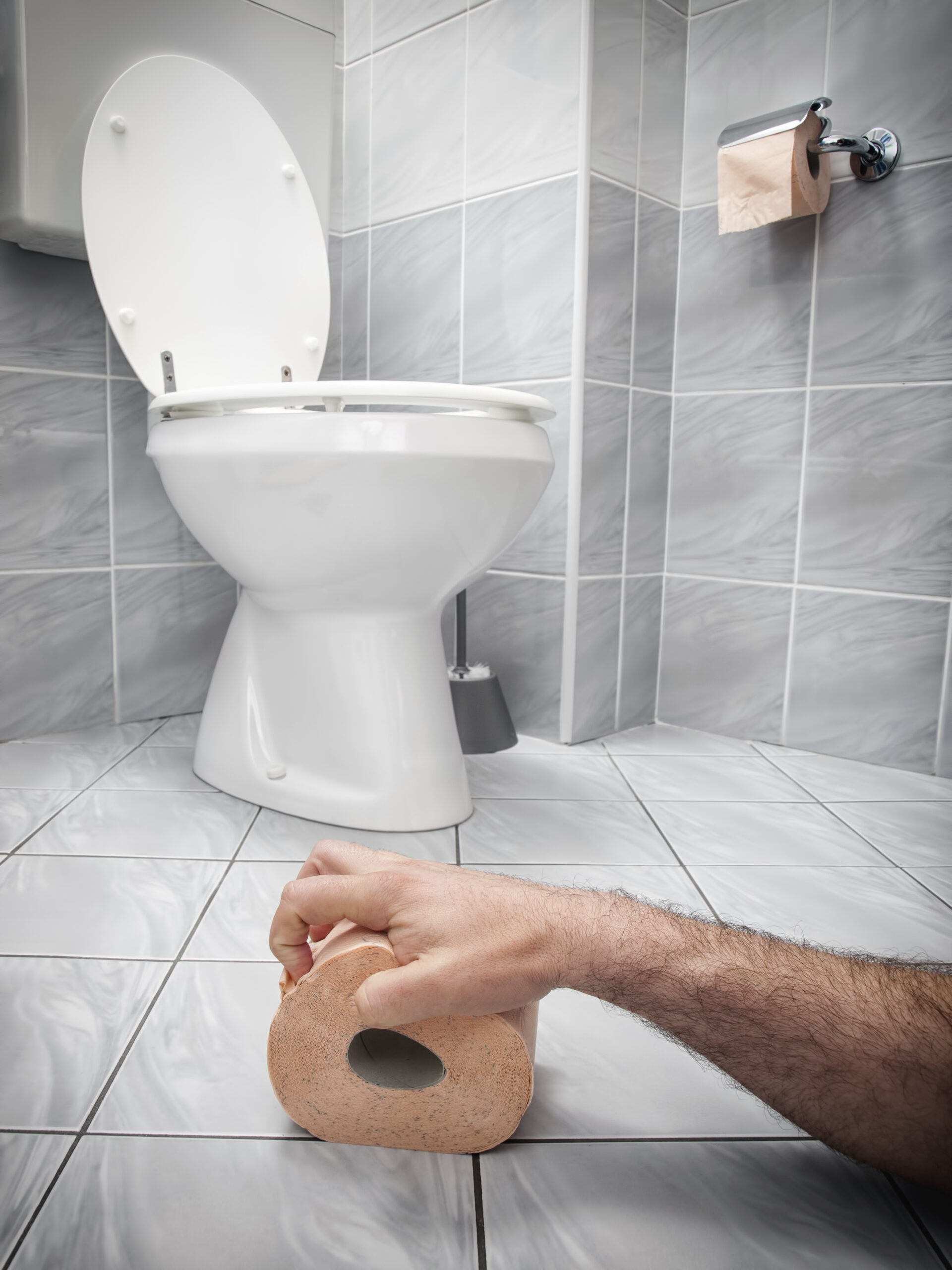Pelvic Floor Dysfunction
What is Pelvic Floor Dysfunction?
Pelvic floor dysfunction refers to a variety of conditions due to failure of relaxation of the pelvic muscles leading to pain in the area of the pelvis or low back and is associated with a variety of other pelvic symptoms like painful urination, painful sex, or painful bowel movements
Causes
Pelvic Floor Dysfunction can be caused by injuries, pregnancy, childbirth, aging and is frequently associated with anxiety, depression, and sleep disorder. In this condition there is no anatomical or structural disease present to explain the pain.
How do I know if I have Pelvic Floor Dysfunction
The anorectal pain in pelvic floor dysfunction lasts for at least 20 minutes. Prolonged sitting makes the pain worse. There may be chronic constipation, straining, hard or thin stools, and incomplete evacuation. Prolapse of the rectum or other pelvic organs may occur. There may be a history of voluntary holding of bowel or bladder at a younger age. Many have had previous pelvic or spinal surgery. Childbirth may be a precipitating factor. Urinary or fecal incontinence may be present. There may be a history of sexual abuse.
Treatment
We will obtain a complete history and perform a digital rectal exam, anoscopy, sigmoidoscopy, or colonoscopy. Tenderness is more prominent on the left side of the rectum. Moving the examining digit from back to front may reproduce pain.
Anorectal manometry with balloon expulsion test may be done in our office. EMG or anal ultrasound may be ordered. MRI with defecography is done to visualize the pelvic floor motion and surrounding anatomy. Urological and gynecological consultations may be ordered.
We might initially add fiber, stool softeners, increase water intake, eliminate foods that make symptoms worse, add exercise, stress relief, treat associated hemorrhoids or anal fissures and add topical ointments to relax the sphincter muscles. Biofeedback training can help improve symptoms by relaxing the pelvic muscles.
Pelvic floor dysfunction requires a complete evaluation by an experienced specialist.
We might initially add fiber, stool softeners, increase water intake, eliminate foods that make symptoms worse, add exercise, stress relief, treat associated hemorrhoids or anal fissures and add topical ointments to relax the sphincter muscles. Biofeedback training can help improve symptoms by relaxing the pelvic muscles. Botox injection may help severe spasm and pain.
Pelvic Floor Dysfunction are ONLY treated by Dr. Carmen Fong, MD, a double board certified Colon and Rectal Surgeon and General Surgeon. She has many years of experience caring for patients with Pelvic Floor Dysfuntion.
Dr. Fong sees patients in:
Call us today at (770) 442-3117 or request an appointment online.

About 1 in 20 Americans have hemorrhoids. You are not alone.










